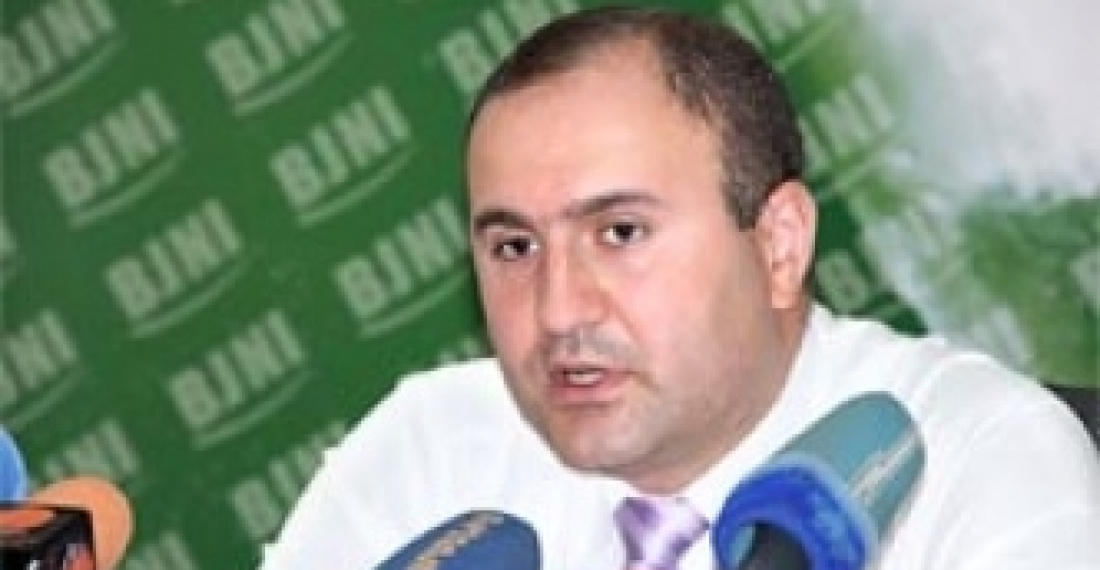C каждым годом независимости Нагорного Карабаха, претензии Азербайджана на Карабах выглядят все комичнее для мирового сообщества. Об этом журналистам заявил военный эксперт Давид Джамалян.
По его словам, Нагорный Карабах является состоявшимся государством, международный же опыт урегулирования конфликта показывает, что практически все этнополитические конфликты, где был задействован принцип права народов на самоопределение, решались именно в пользу самоопределяющегося народа. “Процесс признания независимости требует длительного времени, которое необходимо для того, чтобы властвующее ранее на этих территориях государство свыклось с существующими реалиями. На данный момент ни общественность, ни политическая элита Азербайджана не готовы принять эти реалии и изменить свои этнополитические подходы”, - заявил эксперт. Он добавил, что это, однако, вопрос времени, а Азербайджан должен пройти этапы и осознать, что силовым путем он не сможет решить конфликт.
Кроме того, считает эксперт, общественность Азербайджана постепенно приходит к подобному осознанию, несмотря на пропаганду Ильхама Алиева с его призывами к новой войне. “Азербайджанская общественность не столь уверенна в правдивости этих слов, и оно не готово к новой войне”, - отметил он. Эксперт добавил, что в действительности азербайджанская пропаганда смогла вселить в своих граждан патологическую ненависть к армянам.







